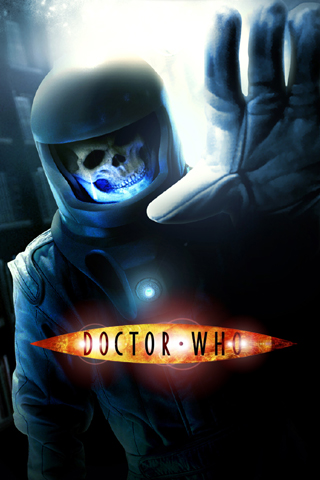 |
| Image: pianoladynancy.com |
It's Labor Day and I am in a bit of a playful mindset. I don't actually have my hard copy of the New Golden Baugh yet, but I decided to check out the e-pub and investigate the hubbub surrounding Sir Frazer. I am pleasantly astounded at a random passage's ability to conjure mythic investigation.
| Image: thesnee.typepad.com |
Turns out this is a two-fer-one (apologies for the length):
"In the Banks Islands there are some stones of a remarkably long shape which go by the name of “eating ghosts,” because certain powerful and dangerous ghosts are believed to lodge in them. If a man’s shadow falls on one of these stones, the ghost will draw his soul out from him, so that he will die." -- Frazer (The Golden Bough, BK 18, The Perils of the Soul-Ch. 3, The Soul as a Shadow and a Reflection--¶ 1)
 |
| Image: gallifreyguardian.wordpress.com |
The antagonist(s) in this particular episode, the Vashta Nerada, are a microscopic and carnivorous swarm that cloak themselves in shadow to approach their prey. These "piranhas of the air" are indistinguishable from 'natural' shadows and, by The Doctors account, exist on nearly every planet, including Earth (though typically not in high enough densities to endanger humans). The Vashta Nerada are often noticed as the dust motes visible when floating though rays of sunlight.
In the chapter that originates my quotes, Frazer illustrates many examples of superstitions pertaining to the protection on one's shadow from harms, or in kind, the warding off of another's shadow to prevent harm. In the Dr. Who episode, the Vashta Nerada stalk their prey by forming a second shadow where none should be present. I find it interesting that a modern Sci-Fi chooses to toy with such a visceral fear as shadow/darkness; namely shadow with a consciousness and paired with a malicious intent. The themes play on such rudimentary terrors, terrors that imply the unknown, other, and origin...I can't help but begin to pick up mythic clues in my new sleuthing.
Post Script: And just for Brownie points, the mythic reference to Peter Pan is not lost on me. Images of Peter Pan are often portrayed with "pan pipes" in hand. The myth of Pan's pursuit of Syrinx relates the creation of the pan pipes (Metamorphoses p. 30-31).
No comments:
Post a Comment